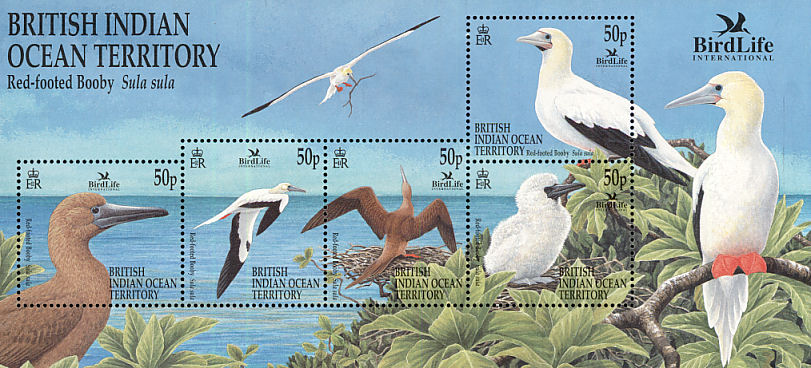
During the summer I wrote a short blog advising that the governing council of the Universal Postal Union (UPU) had recommended that the stamps of the British Indian Ocean Territory (BIOT) should no longer be recognised. (See: “Bye, bye BIOT?”) From a report in the latest edition of Stamp Magazine, I now understand that at their August Congress held in the Ivory Coast the recommendation was adopted almost unanimously.
Acceptance of the recommendation has not come as a surprise. Earlier in the year, the United Nations (UN) had ruled that Britain’s administration of the Chagos Islands, including Diego Garcia – which forms the substantive part of the territory – was in breach of international law. The UPU is a specialised agency of the UN.
The upshot is that the UPU will now formally cease to register and distribute stamps and postage from the territory, and that the islands must now carry the stamps and postcodes of Mauritius which has long laid claim to the islands.
At the time of writing it is unclear what the official British government response to the ruling will be. The post office in the territories is managed by the British foreign office but operated on a day-to-day basis by a private company. It is also unclear what impact this may have on the wider philatelic world. Is BIOT now just another, “dead country”?
